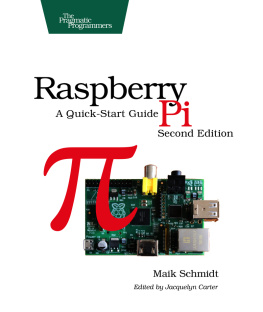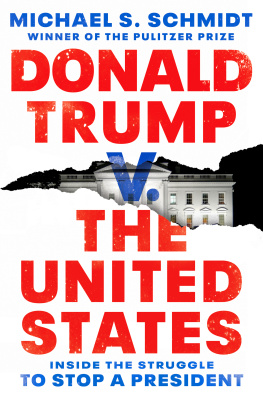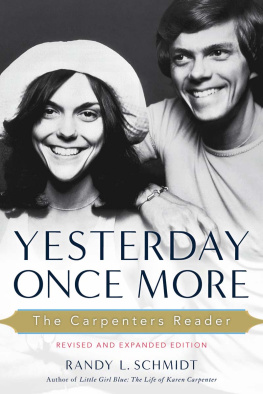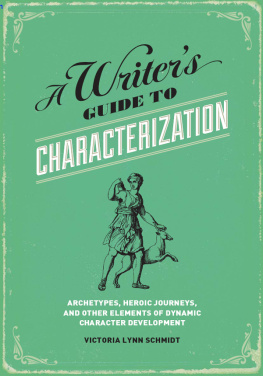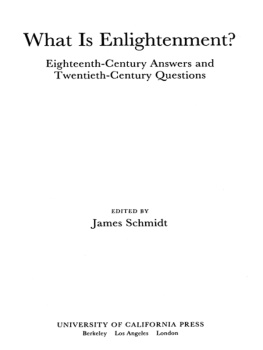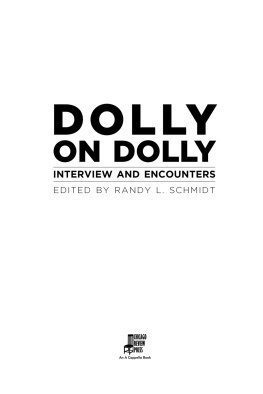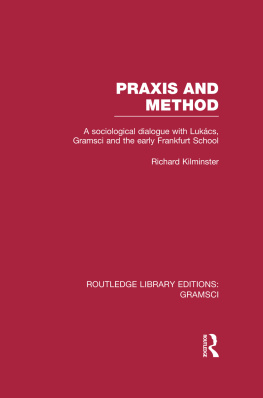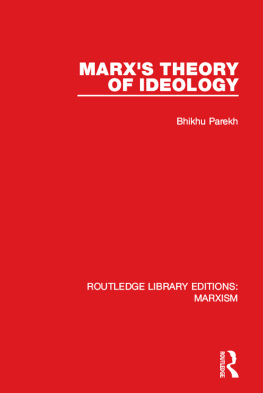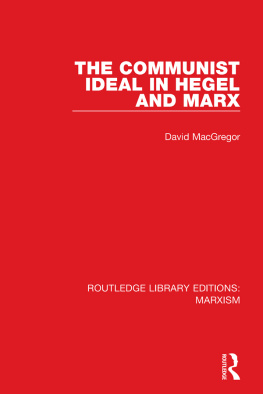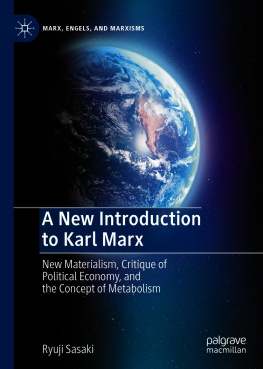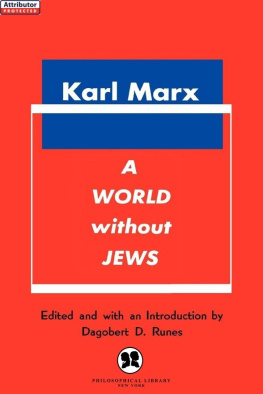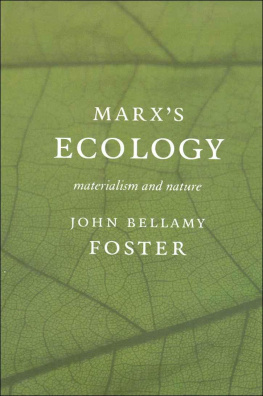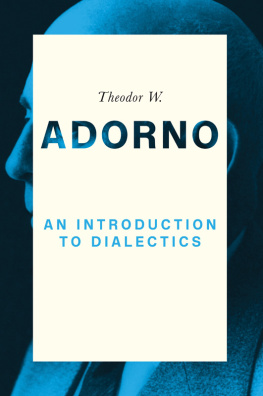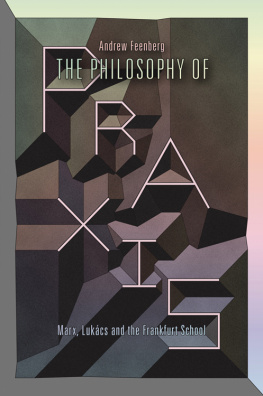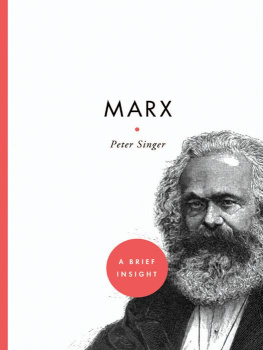Schmidt - The concept of nature in Marx
Here you can read online Schmidt - The concept of nature in Marx full text of the book (entire story) in english for free. Download pdf and epub, get meaning, cover and reviews about this ebook. City: London; New York, year: 2014, publisher: Verso, genre: Science. Description of the work, (preface) as well as reviews are available. Best literature library LitArk.com created for fans of good reading and offers a wide selection of genres:
Romance novel
Science fiction
Adventure
Detective
Science
History
Home and family
Prose
Art
Politics
Computer
Non-fiction
Religion
Business
Children
Humor
Choose a favorite category and find really read worthwhile books. Enjoy immersion in the world of imagination, feel the emotions of the characters or learn something new for yourself, make an fascinating discovery.

The concept of nature in Marx: summary, description and annotation
We offer to read an annotation, description, summary or preface (depends on what the author of the book "The concept of nature in Marx" wrote himself). If you haven't found the necessary information about the book — write in the comments, we will try to find it.
Philosophy and theory.
The concept of nature in Marx — read online for free the complete book (whole text) full work
Below is the text of the book, divided by pages. System saving the place of the last page read, allows you to conveniently read the book "The concept of nature in Marx" online for free, without having to search again every time where you left off. Put a bookmark, and you can go to the page where you finished reading at any time.
Font size:
Interval:
Bookmark:
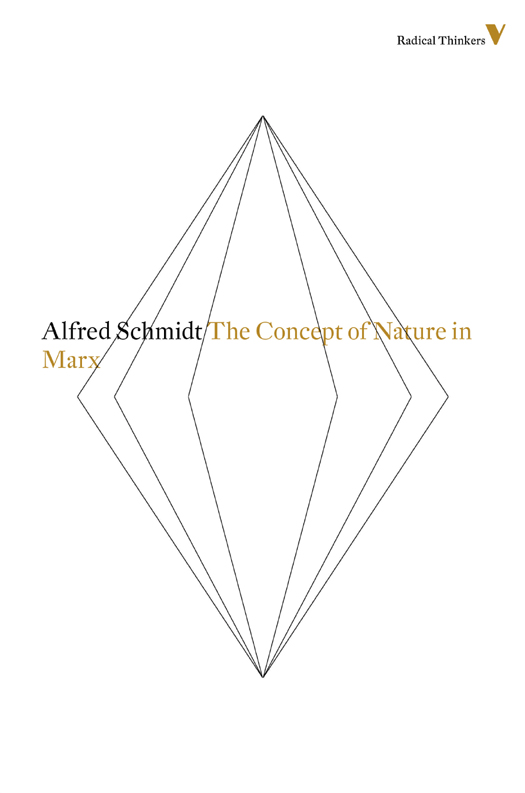
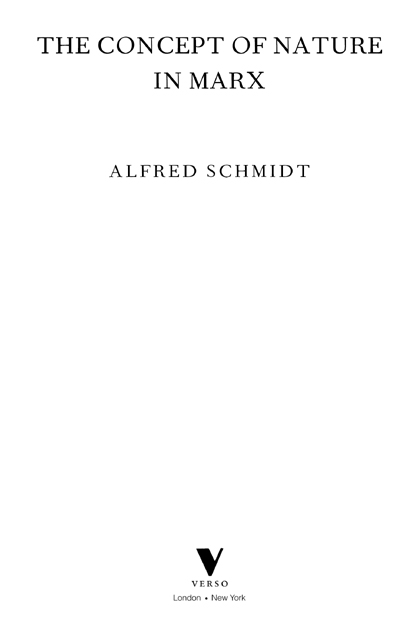
This edition published by Verso 2014
Translation Ben Fowkes 1971, 1973, 2014
First published as Der Begriff der Natur in der Lehre von Marx
Europische Verlagsanstalt 1962
All rights reserved
The moral rights of the author have been asserted
Verso
UK: 6 Meard Street, London W1F 0EG
US: 20 Jay Street, Suite 1010, Brooklyn, NY 11201
www.versobooks.com
Verso is the imprint of New Left Books
ISBN-13: 978-1-78168-147-3
eBook ISBN 978-1-78168-201-2
eISBN (UK): 978-1-78168-510-5
British Library Cataloguing in Publication Data
A catalogue record for this book is available from the British Library
Library of Congress Cataloging-in-Publication Data
A catalog record for this book is available from the Library of Congress
v3.1
At the same pace that mankind masters nature, man seems to become enslaved to other men or to his own infamy. Even the pure light of science seems unable to shine but on a dark background of ignorance. All our invention and progress seem to result in endowing material forces with intellectual life, and in stultifying human life into a material force.
Karl Marx, Speech at the Anniversary of the Peoples Paper, April 1856. Quoted in D. Ryazanov (ed.), Karl Marx. Man, Thinker, and Revolutionist (London, 1927), p. 74.
This book was written between 1957 and 1960 under Horkheimer and Adorno as a doctoral dissertation in philosophy and was published for the first time in 1962. Every page is impregnated with the influence of critical theory as developed by the Frankfurt School since the early 1930s. Critical theory was of course a specific interpretation of Marx, formulated under unique conditions, and was eventually itself bound to become the object of critical and many-sided debates. In the course of these debates I too found it necessary to clarify my position on a number of issues, and there is no doubt that today I should adopt a somewhat different approach to my subject. However, other urgent commitments make it impossible at present to revise or extend the book as much as I would like to, and I shall therefore simply indicate, however briefly, a few points to which only a future revised edition and further study can do proper justice.
It will help the English reader to understand this book if from the outset he bears in mind its polemical aspect. It was one of the first attempts to draw on the politico-economic writings of middle-period and mature Marx, in particular Capital and the so-called Rohentwurf of the years 185759 (later published as Grundrisse der Kritik der politischen konomie), for a philosophical interpretation of Marxs life-work. In doing this, the book opposed the widespread Western European, often neo-Existentialist, tendency of the 1950s to reduce Marxs thought to an unhistorical anthropology centred on the alienation problematic of the early writings (in particular the Paris Manuscripts of 1844) and sought to point out the philosophical content (or at least the philosophically relevant content) of Marxs post-1850 work. The intention was to introduce into the discussion a number of texts which had so far been insufficiently considered, or even entirely disregarded. Hence, the philological nature of my approach.
Today I should take in many respects a different view of the relation between Marxism and philosophy, discussed so often since the days of Lukcs and Korsch, Merleau-Ponty and Sartre. In Chapter One my aim was to make a detailed analysis of the real connection between Marxist materialism and philosophical materialism in general. Now however I have definitely adopted the opinion (only implicit in the book) that Marxist materialism emerged only in a secondary sense from the inner-philosophical opposition to idealism; that it represents, first and foremost, the negation of all philosophy, although this negation is itself burdened with philosophy, i.e. determined by it. Accordingly, the characterization given in Chapter One of Feuerbachs role in Marxs development would now be more positive. In a study of Feuerbach, I have endeavoured to show that the very concept of mediating practice which Marx and Engels polemically turned against Feuerbach owes in fact a great deal to him. Feuerbachs anthro-pocentro-genetic method, his sensualism and his realism, oriented as they are towards the epistemological problematic of the everyday world, not only anticipate dialectical materialisms doctrine of historical practice as the general horizon of all human and extra-human reality, but are capable of enriching dialectical materialism in important respects, a fact which Marx and Engels overlooked, but which Plekhanov and Lenin showed some sign of grasping.
When understood critically, Marxist materialism does not attempt to assert anything of the material world in abstraction from the practico-intellectual forms of its appropriation by a given society, without however disputing the objectivity of our knowledge in the spirit of historicism, scepticism, or agnosticism. Objections from the orthodox camp have not succeeded in convincing me that my criticism of Engelss fragmentary outlines for a dialectic of nature, in section B of Chapter One, is wrong. It appears to be impossible to derive the idea of a revolutionary humanism from the self-movement of matter conceived through the eyes of particular natural sciences. The critical epistemological objections to this view have, it is hoped, been unfolded more concretely still in the essay entitled On the Relation between History and Nature in Dialectical Materialism, printed as an appendix to this edition.
I have included this essay also because it was an attempt to define the Marxist concept of the metabolism of man and nature more closely than in the corresponding section of the book (Chapter Two, section B). In the essay, my intention was to show the natural limits of all historical dialectics: the fact that it is the concrete, not the abstract form of human work which cannot be superseded. Here, I would like historically to delimit the elemental, peculiarly unhistorical dialectic of the process of metabolism, namely to confine it to pre-bourgeois social formations. This is in full awareness of the contradiction between emphasizing the non-ontological character of Marxist materialism and then introducing the term negative ontology: this is a contradiction within the facts, not an error to be eliminated by changing a word, or the result of a logical inconsistency.
As far as Chapter Three is concerned, it is particularly unfortunate that it cannot at present be brought up to date, since its specific epistemological considerations were what primarily interested me. It is only possible here to refer to a number of the more substantial essays I have published since 1962 on the theory of history as a theory of knowledge.
For the rest, I can only say that I am at present in the process of extending section C of Chapter Three into a systematic reconstruction of Marxs epistemology. My aim is to determine more exactly the position of Marx between Kant and Hegel, only crudely sketched in the book. Marxs intermediate position was a consequence of the fact that, like Hegel, he refused to make epistemological reflections before the investigation of the concrete content of knowledge, but that at the same time, as a materialist, he could not accept the conclusion Hegel drew from his rejection of epistemology, namely the speculative identity of Subject and Object. Kants problem of the constituents of the objects of knowledge was thus (objectively) restored for Marx, not in the sense of a simple return to transcendental philosophy, but on the basis definitively attained by Hegel in his critique of Kant.
Font size:
Interval:
Bookmark:
Similar books «The concept of nature in Marx»
Look at similar books to The concept of nature in Marx. We have selected literature similar in name and meaning in the hope of providing readers with more options to find new, interesting, not yet read works.
Discussion, reviews of the book The concept of nature in Marx and just readers' own opinions. Leave your comments, write what you think about the work, its meaning or the main characters. Specify what exactly you liked and what you didn't like, and why you think so.

